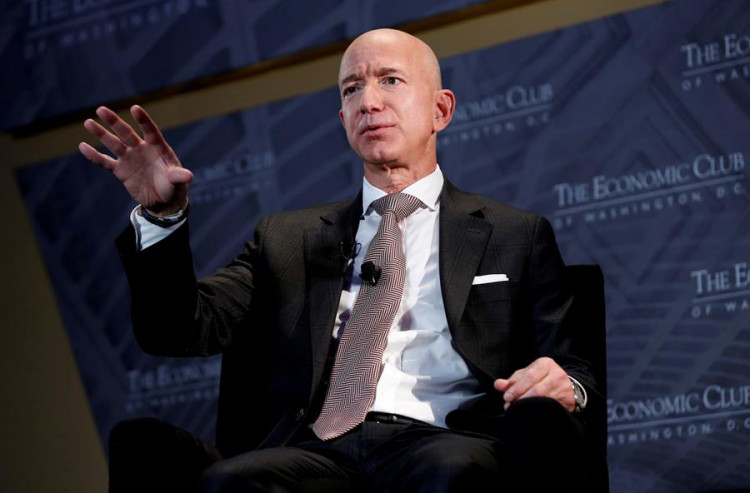Jeff Bezos has re-entered the front lines of the global technology race with a ($6.2 billion artificial-intelligence venture that industry analysts say could rapidly reshape scientific development, engineering productivity and industrial design. The company, Project Prometheus, begins with significantly more capital than typical AI start-ups and is expected to compete directly with Google DeepMind, OpenAI and Meta for leadership in next-generation research models. Bezos' decision to resume hands-on corporate leadership comes as governments debate how to regulate high-impact AI and as private labs accelerate their advances in areas once dominated by public institutions.
According to Fortune, Bezos will serve as co-CEO with Vik Bajaj, a physicist and chemist whose prior roles at Google X, Verily and Foresite Labs signal the scientific ambition behind Prometheus. The firm has already recruited nearly 100 researchers from OpenAI, DeepMind, Meta and leading academic institutions, an early talent concentration that has raised concerns among smaller labs struggling to retain top scientists.
The New York Times reports that Prometheus intends to focus on AI trained on real-world experimentation rather than internet-scale digital text. That approach resembles the robotics-driven research frameworks used by companies such as Periodic Labs and is expected to target high-stakes scientific areas including aerospace, advanced materials, drug development, automotive engineering and precision manufacturing. Analysts say the shift toward physical-world AI could give Prometheus an early advantage if competitors remain centered on large language models.
Prometheus also arrives at a moment when global regulators have not yet established clear guardrails for scientific AI systems. With its substantial financial backing and cross-disciplinary team, the company enters a field where private research has increasingly outpaced government laboratories. Some observers warn that the scale of Prometheus' ambition could concentrate scientific influence in a way that surpasses previous private-sector research efforts.
Critics have voiced growing fears about what they describe as potential global overreach. They argue that an AI system capable of independently designing materials, accelerating biomedical discovery and reshaping industrial manufacturing could centralize decision-making power in the hands of one of the world's wealthiest individuals. The overlap between Prometheus' mission and Bezos' long-standing goals in spaceflight has intensified speculation that the lab could ultimately support high-altitude and off-world engineering tied to Blue Origin.
These concerns reflect a wider debate over private governance of frontier technologies. As public agencies confront budget constraints and slower research cycles, private entities are racing ahead with multi-billion-dollar innovation programs that have limited external oversight. Industry observers say Prometheus represents one of the clearest examples yet of that shift.






